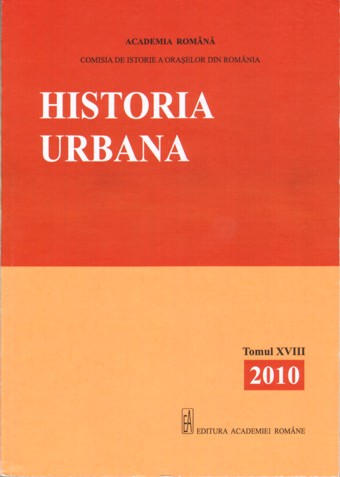Banca de credit şi instituţiile de asistenţă socială. Studiu de caz: Banca „Albina” din Sibiu (1872-1918)
The Credit Bank and the Institutions of Social Assistance. Case Study: the „Albina” Bank From Sibiu (1872-1918)
Author(s): Mihai D. DrecinSubject(s): History
Published by: Editura Academiei Române
Keywords: “Albina” bank; social assistance; material hardship; financial aid; solidarity; Sibiu town;
Summary/Abstract: The first Romanian-owned bank easily established in Transylvania in the Austro-Hungarian dualistic age, the “Albina” Bank was a real national institution which helped the economic strengthening and cultural and political assertion of the Romanian nation in the province. In addition to crediting the peasants to buy the Hungarian and Saxons noblemen’s land get into debt to banks in Budapest and Vienna, funding the school and Romanian churches, the “Albina” Bank has provided, from the annual profit, amounts to social objectives. These are: the high school students’ eating houses, hospitals, popular kitchens offering food to the poors in cities, orphanages, TBC dispensaries, victims of floods and earthquakes in various provinces of the empire. What is worthy to note is that all the aid charities have included the suffering, “regardless of religious affiliation and ethnicity”. This was a truly European way of understanding the need for solidarity to the face of the difficulties and trials of life.
Journal: Historia Urbana
- Issue Year: XVIII/2010
- Issue No: 18
- Page Range: 115-119
- Page Count: 5
- Language: Romanian
- Content File-PDF

